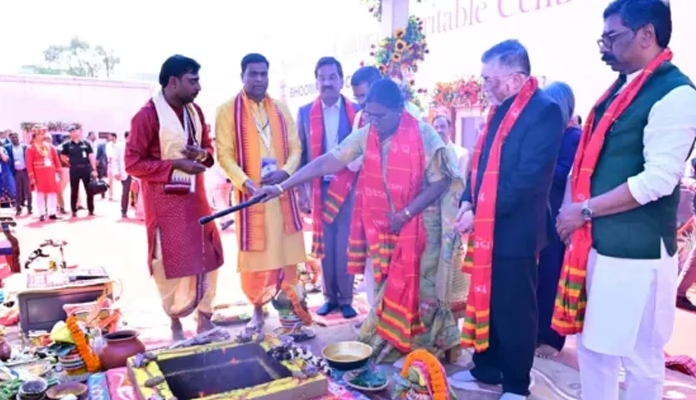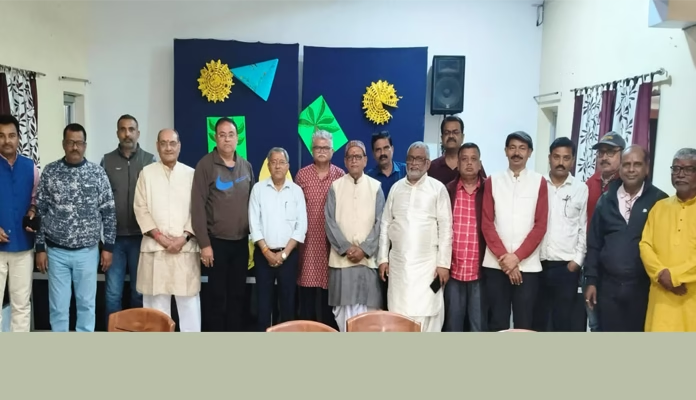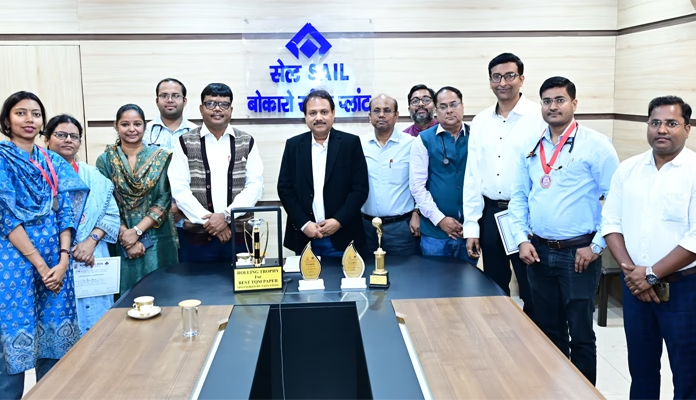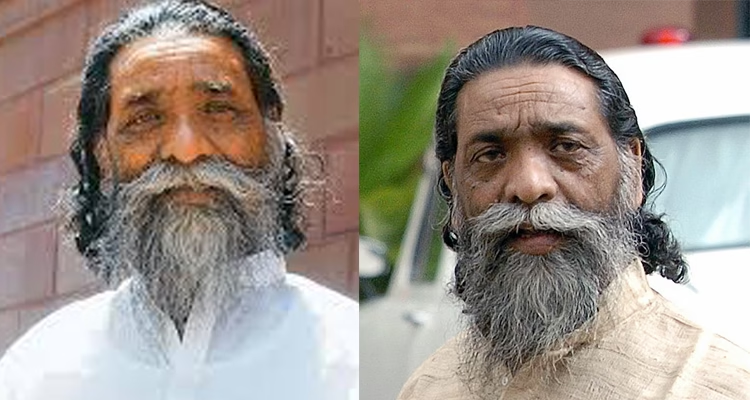
The Bharat Ratna is not merely a decoration; it is the nation’s highest civilian honour, awarded to individuals who have significantly altered the course of India’s destiny. Whenever the name of Shibu Soren, the former Chief Minister of Jharkhand and a legendary tribal leader, is discussed in this context, the debate extends far beyond one man. It becomes the collective voice of millions of Adivasis whose struggles, resilience, and identity have endured for centuries. Soren, affectionately known as Dishom Guru, is himself a symbol of this long struggle and awakening.
A Life Rooted in Struggle
Born on 11 January 1944 in Nemra village of the then Hazaribagh district (now Ramgarh, Jharkhand), Shibu Soren’s childhood was marked by hardship. His father’s brutal killing at the hands of landlords and mafias ignited in him a lifelong fire against injustice. That fire transformed him into a mass leader who carried a simple yet profound dream — that jal, jungle, zameen (water, forests, and land) must remain with those who depend on them.
Fondly called Guruji and Dishom Guru — with Dishom meaning “nation or community” and Guru meaning “guide” in Santali — Soren rose as both a leader and a living embodiment of tribal consciousness.
Architect of a Movement
His leadership was not limited to electoral politics. By founding the Jharkhand Mukti Morcha (JMM), he united tribal voices under one banner and transformed their demands into a mass movement. At a time when Adivasi issues were ignored, Soren ensured they reached both the streets and the Parliament.
The creation of Jharkhand as a separate state on 15 November 2000 was more than a redrawing of boundaries; it was the recognition of a long-denied tribal identity. Among the chief architects of this achievement, Soren’s name stands foremost.
A Vision for Jharkhand
Even after statehood, Soren’s struggle continued. He consistently argued that Jharkhand’s rich mineral wealth and natural resources must benefit its own people. He often asked why, if Jharkhand’s coal and minerals were fueling India’s economy, its youth should remain unemployed and its farmers impoverished.
Despite holding high offices — as Chief Minister and Union Minister — Soren remained rooted in simplicity. Villagers continue to regard him as one of their own, a leader who embodied their aspirations.
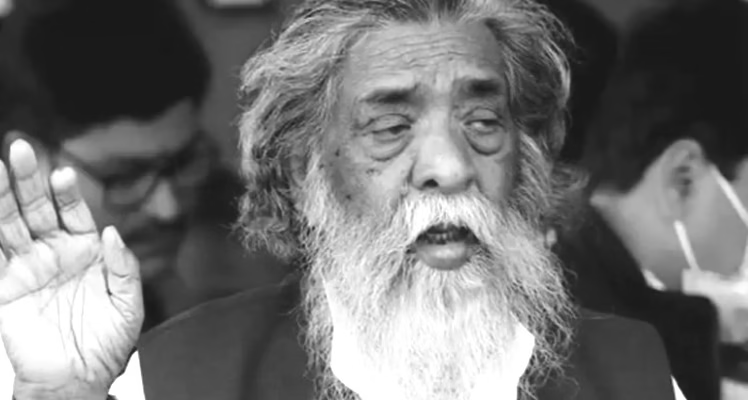
The Debate on Bharat Ratna
The Bharat Ratna is reserved for those who have left an indelible mark on Indian society, politics, literature, science, or public life. By this measure, Shibu Soren’s contribution is undeniable. He brought tribal politics into the national mainstream and gave marginalized voices the belief that they too could influence Delhi and shape India’s future.
Critics point to controversies in his political career. Yet history remembers leaders by the totality of their contributions, not by momentary shadows. If controversies alone were the yardstick, many who received the Bharat Ratna would not have been honoured.
Symbol of Tribal Identity
The demand to honour Soren with the Bharat Ratna is not only Jharkhand’s voice; it represents India’s tribal communities at large. Such recognition would uplift a community that has long endured exploitation and neglect. Just as conferring the Bharat Ratna on Karpoori Thakur symbolized recognition for backward and marginalized groups, awarding it to Shibu Soren would mark a historic acknowledgement of tribal identity and politics.
For the people of Jharkhand, such an honour would not be an award alone but a festival of pride. For the youth, it would inspire hope; for farmers, it would provide reassurance; and for mothers, it would symbolize that their sacrifices matter.
A Larger Message for India
The Bharat Ratna attains its deepest meaning when it embraces India’s diversity. Awarding it to Shibu Soren would honour not only Jharkhand but also enrich the soul of India. It would affirm that India’s heroes are not born only in cities or centres of power, but also in villages and forests.
Shibu Soren’s life teaches that the fight for justice and equality is never in vain. Recognizing him with the Bharat Ratna would be both justice to history and a powerful message to future generations: that the spirit of India resides in every hill, forest, and village, and that spirit truly deserves to be called a Bharat Ratna.
(Written by Devendra Kumar Nayan)

